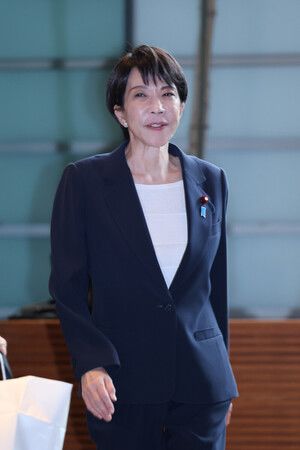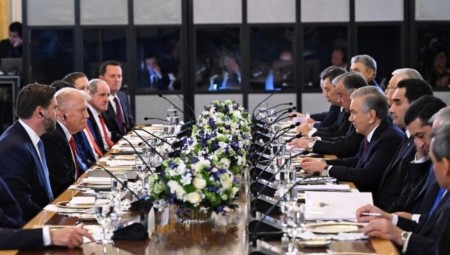A Hungarian master attentively places his basketry utensils while Konobaeva Venera, a weaving master from Kyrgyzstan, packs up after a weaving workshop. Nearby, other masters from Uzbekistan and Hungary prepare for their time slots in the FAO stand at the Festival of Folk Arts, which runs through 20 August at the Buda Royal Palace in Budapest.
They are here not only to showcase the best of their skills, but also to set an example of how handicraft skills can advance rural development.
Participants themselves in other workshops earlier this year, they not only developed their own skills in handicrafts but have been prepared to pass on to others their newfound skills in basketry, weaving, embroidery, husk weaving and felting.
FAO and the Association of Hungarian Folk Artists partnered earlier this year for a project to help rural people diversify their income sources. As part of that project, renowned Hungarian masters carried out 10-day workshops in Kyrgyzstan and Uzbekistan in February, teaching locals to create products with traditional craft techniques and raw agricultural materials such as wool, willow and cornhusk. More than 80 people received training, the majority of them women.
“Despite that many crafts have been preserved and revived in Central Asia in recent decades, many handicraft skills are nonetheless about to disappear in rural areas,” said Dono Abdurazakova, senior gender and social policy adviser with FAO, and an Uzbek national herself. “The project’s idea was to harness the existing potential by boosting the productivity of local masters through improvements in the quality and marketability of their products.”
Visitors to the Festival of Folk Arts have the chance to meet many of the Hungarian trainers. Additionally, three of the Central Asian participants will deliver workshops during the four-day event. Konobaeva Venera, from Kyrgyzstan, will lead a weaving workshop, while Anna Yurieva and Aizada Nurumbetova, both from Uzbekistan, will lead workshops on felting and design, respectively.
They are drawing heavily on their own training experiences in leading these workshops.
“The training materials and tools of the Hungarian masters – and, more importantly, their know-how – have remained in Central Asia, providing an opportunity for future replication of the workshops,” Abdurazakova said.
She reiterated the potential of the additional skills gained through the project to benefit rural development in Central Asia.
“This can help reduce labor outmigration by providing more opportunities for communities in rural areas,” she said.
FAO and other United Nations agencies plan to follow up with workshop participants under other projects, helping to ensure that the skills and expertise acquired during the workshops are utilized and spread.
Held annually in the Hungarian capital, the Festival of Folk Arts is one of the biggest events in Europe featuring handmade crafts. It is organized by the Association of Hungarian Folk Artists.















